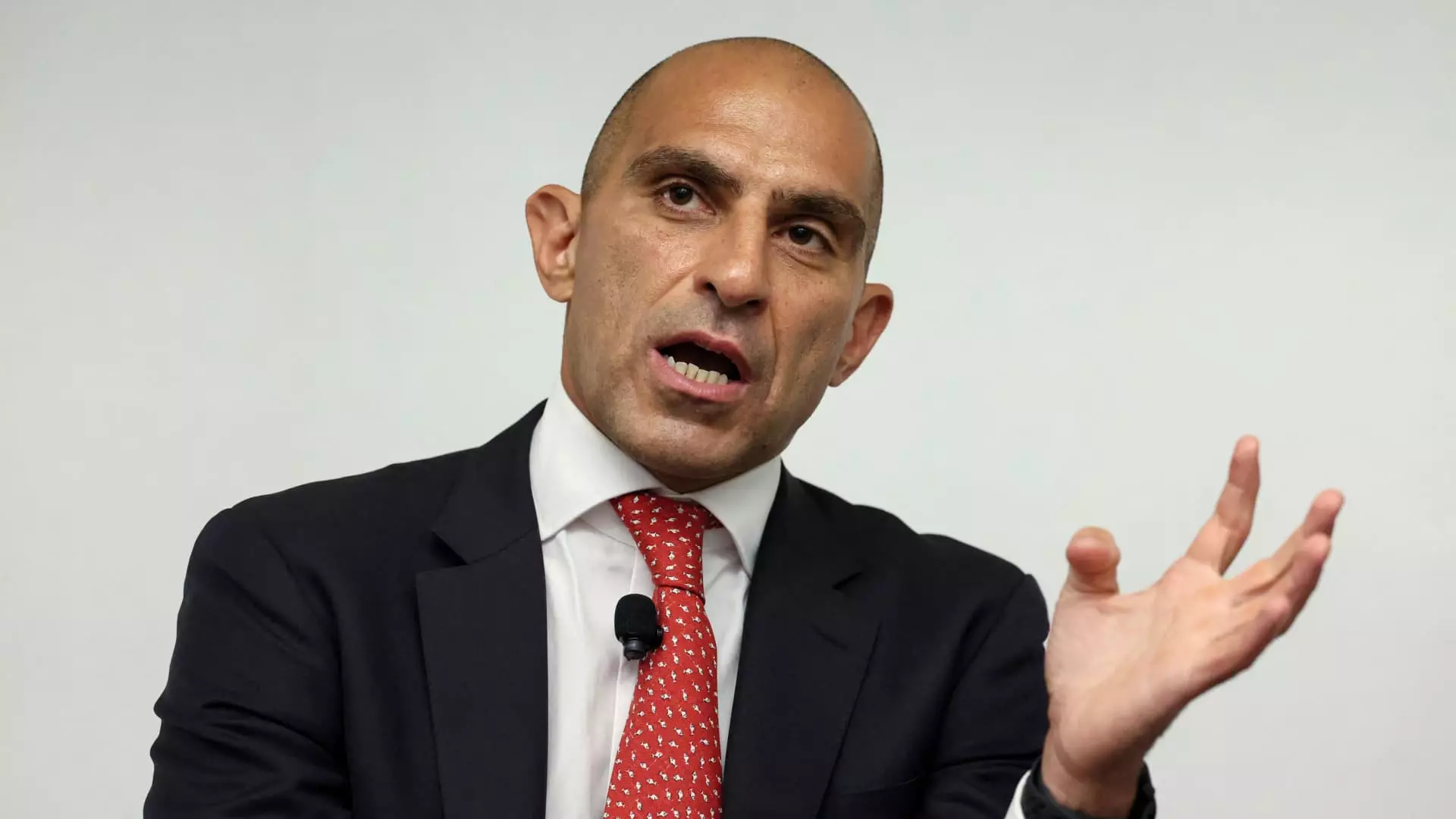On a pivotal morning at DC Fintech Week, Rostin Behnam, the Chairman of the Commodity Futures Trading Commission (CFTC), is set to address pressing issues that intertwine the future of financial exchanges and the impact of emerging digital assets. The CFTC is currently at a crossroads, particularly concerning its stance on political betting and the unregulated terrain of digital currencies. As stakeholders look on, the nuances of these topics reveal more than just legal challenges; they highlight the regulatory complexities of a rapidly evolving financial landscape.
One of the most significant hurdles faced by the CFTC is its ongoing legal battle with Kalshi, a financial exchange aimed at allowing contracts based on U.S. elections. The commission’s long-standing belief, as articulated by Behnam, is that such event contracts are inherently illegal. The frequency of legal disputes with innovative financial entities like Kalshi reflects the uncertainty surrounding regulatory interpretations. The CFTC’s recent legal loss, which lifted a temporary injunction against Kalshi, casts a shadow on their future enforcement strategies. Notably, Behnam’s commitment to appealing the ruling suggests a steadfast determination to uphold the commission’s restrictions on political betting, even in the pursuit of innovation in financial markets.
As Behnam navigates the turmoil surrounding political betting, he is simultaneously grappling with the explosive growth of digital currencies. The rapid proliferation of these assets poses severe risks to investors, particularly when coupled with a rise in scams targeting unsuspecting consumers. Behnam’s recent testimony before Congress underscores the urgency for federal legislation to address these concerns comprehensively. Despite the fervor surrounding digital assets, regulatory frameworks lag behind the market’s pace, leaving consumers exposed to potential fraud without adequate protections.
The crux of the issue lies in the absence of a cohesive regulatory structure designed to safeguard American investors from the pitfalls associated with digital assets. Behnam’s assertion that “federal legislation is urgently needed” resonates with followers of financial regulation and consumer advocacy alike. Without a clear pathway toward regulation, the CFTC finds itself in a precarious position—attempting to protect markets while contending with the limitations of its jurisdiction and authority. The agency’s dual focus on political bets and digital assets exemplifies the broader challenge of establishing relevance in a diversified financial ecosystem.
Behnam’s appearance at DC Fintech Week highlights the CFTC’s pivotal role in shaping the future of financial markets amidst a backdrop of legal battles and evolving asset classes. The commission’s determination to restrict political betting alongside the pressing need for legislation governing digital assets paints a picture of a regulatory environment in flux. As technology and finance converge, the pressure mounts for effective governance that not only protects investors but also embraces innovation. The outcomes of these challenges will likely define both the CFTC and the broader financial landscape for years to come.

